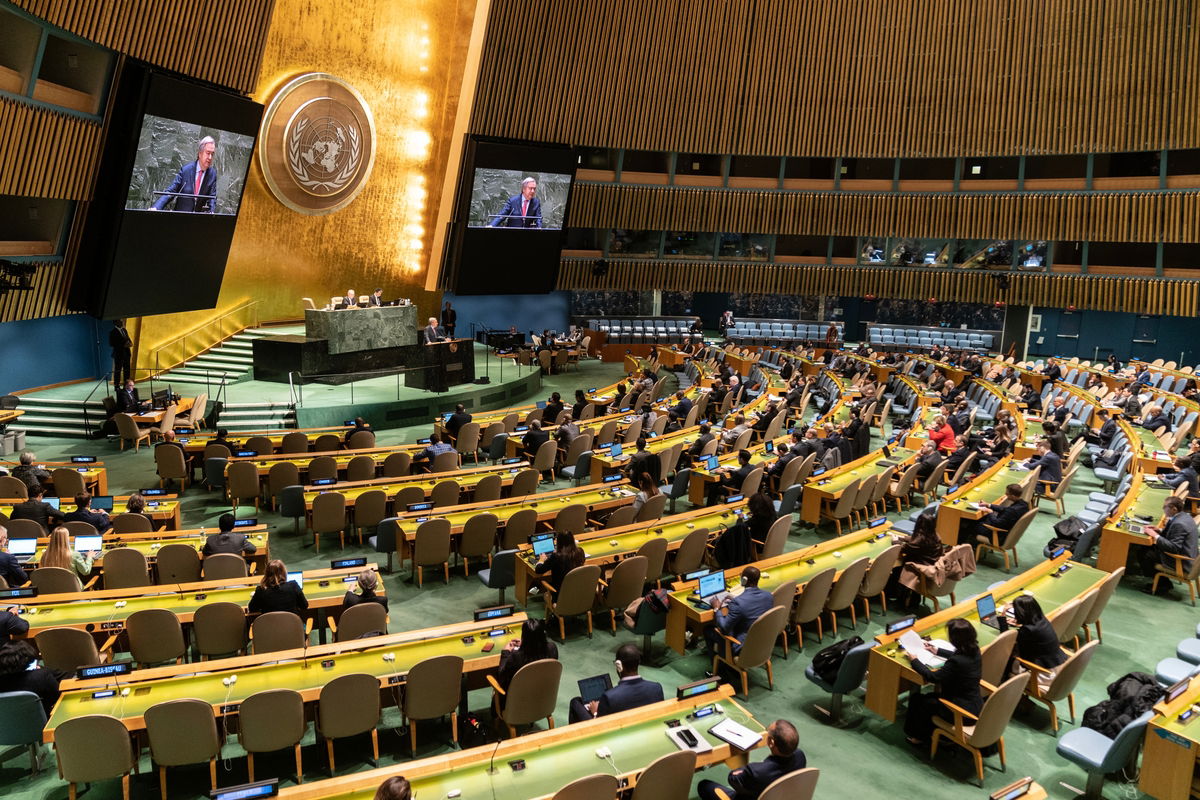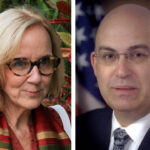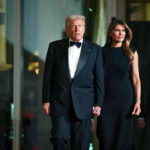World leaders, including heads of state, are scheduled to gather in New York City for the UN General Assembly.
This year, the annual debate of “Together, we count for 80 years for peace, development and human rights” reaffirms the UN’s commitment to addressing the most pressing global crisis and encouraging a peaceful, equitable and prosperous future, as clarified by Secretary-General Antonio Guterres. But as geopolitical divisions deepen, the question looms: can the United Nations survive today’s polarized politics?
The General Assembly, a platform for 193 member states, held its most important session on Tuesday, September 23rd, with a formal speech from former German foreign minister Annalena Baerbock, followed by Guterres. Brazil is traditionally the first thing to talk about. It has been a custom since 1955, followed by the host country, the United States. Leaders, including US President Donald Trump, have returned to the global stage since their inauguration in January 2025. Also, Ahmed Arshara, the transitional president of Syria, will make his debut and share their perspectives. Each speaker is assigned for 15 minutes, but compliance with this rule may vary. Fidel Castro’s 269-minute speech in 1960 remains a record.
80-Year-Old United Nations – more divided than ever
Tensions are obvious in this special session. The US decision to cancel visas for Palestinian delegations, including leader Mahmoud Abbas, has intensified the controversy and represents an ongoing dispute over its representation. Apart from the main discussion, leaders will engage in bilateral meetings and forums, including the French and Saudi initiative for two state solutions between Israelis and Palestinians. According to UN Women, the gender gap continues, only 29 women-led countries continue.
The United Nations calls for budget cuts and some form of reinvention within the geopolitical belt. Guterres proposed a cut of more than $500 million in 2026, with a 15.1% decline in resources and a 18.8% decline in labor costs. The veto of the US, Russia, China, the UK and France, permanent members of the Security Council, continues to halt actions against crises such as Israel’s attacks on Gaza and Russia’s invasion of Ukraine. Despite criticism from leaders like Trump, Pew Research says the United Nations actually holds some public support, with the US holding 60% global recognition and 57%.
As Parliament begins this year, the world will see if the United Nations can split and remain a friendly expression of global cooperation. Can it be adapted to modern conflict, or will polarized politics threaten its relevance? The answer shapes the next 80 years.








